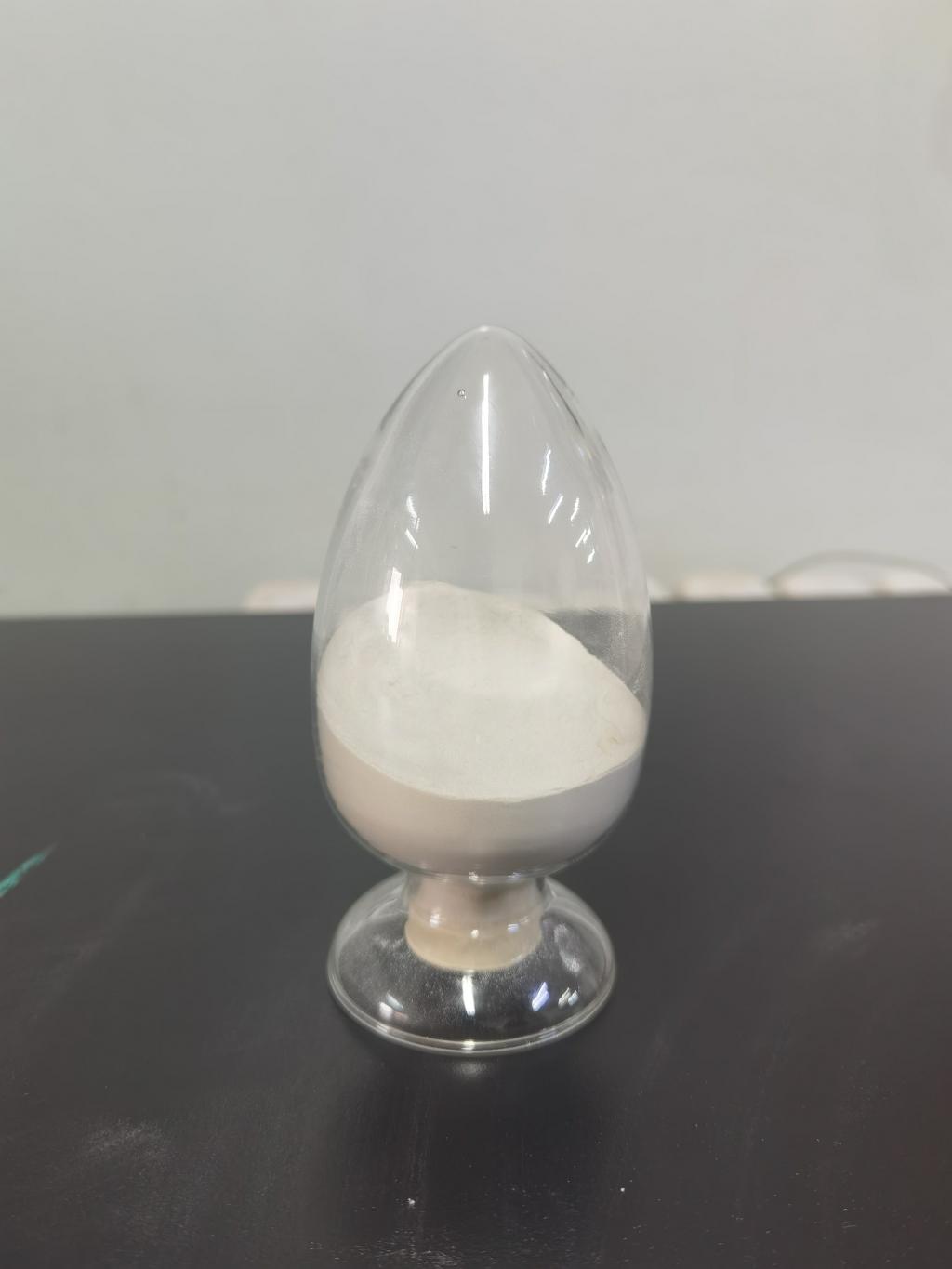Tel:+8618231198596

News
 CONTACT
CONTACT
 CONTACT
CONTACT
- Linkman:Linda Yao
- Tel: +8618231198596
- Email:linda.yao@dcpharma.cn
- Linkman:CHARLES.WANG
- Department:Overseas
- Tel: 0086 0311-85537378 0086 0311-85539701
News
Nisin's use in food processing aligns with consumer demand for natural processed foods.
TIME:2024-04-02
Understanding Nisin
Nisin is a naturally occurring antimicrobial peptide produced by certain strains of the bacterium Lactococcus lactis. It has been used for decades as a food preservative due to its ability to inhibit the growth of a wide range of bacteria, including some pathogens and spoilage organisms. Nisin works by disrupting the cell membranes of target bacteria, leading to their death or inhibition.
Nisin is generally recognized as safe (GRAS) by regulatory authorities such as the U.S. Food and Drug Administration (FDA) and the European Food Safety Authority (EFSA). It has been extensively studied for its safety and efficacy, and numerous scientific studies have confirmed its suitability for use in food products.
Applications of Nisin in Food Processing
Nisin has diverse applications in food processing, ranging from extending shelf life to improving food safety and quality. Some common applications of nisin include:
Preservation of dairy products: Nisin is often used to extend the shelf life of dairy products such as cheese, yogurt, and sour cream. By inhibiting the growth of spoilage bacteria and pathogens, nisin helps maintain the freshness and quality of these products for longer periods.
Preservation of meat and poultry: Nisin can also be used to preserve meat and poultry products by inhibiting the growth of bacteria such as Listeria monocytogenes and Clostridium botulinum. This enhances the safety of these products and reduces the risk of foodborne illness.
Preservation of canned foods: Nisin can be added to canned foods to prevent spoilage caused by heat-resistant bacteria, thereby extending the shelf life of these products.
Preservation of ready-to-eat meals: Ready-to-eat meals are susceptible to microbial contamination during processing and storage. Nisin can be incorporated into these products to inhibit the growth of bacteria and ensure their safety and quality.
Benefits of Nisin in Food Processing
The use of nisin in food processing offers several benefits that align with consumer demand for natural and minimally processed foods:
Natural origin: Nisin is a naturally occurring peptide produced by bacteria, making it inherently natural and suitable for use in natural food products. Unlike synthetic preservatives, nisin is perceived as a more natural alternative by consumers.
Minimally processed: Nisin is typically added to food products in small quantities and does not require extensive processing. This minimally invasive approach to food preservation helps preserve the natural characteristics and nutritional value of the food.
Reduced need for synthetic preservatives: By inhibiting the growth of bacteria, nisin can reduce the need for synthetic preservatives and additives in food products. This aligns with consumer preferences for clean label products with fewer artificial ingredients.
Enhanced food safety: Nisin has antimicrobial properties that help prevent the growth of harmful bacteria and pathogens in food products. By improving food safety, nisin contributes to consumer confidence in the quality and integrity of the food supply.
Consumer Perception and Acceptance
Consumer perception and acceptance play a crucial role in the adoption of nisin as a food preservative. While nisin is generally recognized as safe by regulatory authorities, consumer attitudes towards food additives and preservatives can vary. Some consumers may be skeptical of any additives, regardless of their safety and efficacy.
To address consumer concerns, food manufacturers must be transparent about the use of nisin in their products and communicate its benefits in terms of safety, quality, and shelf life extension. Providing clear labeling and information about the source and purpose of nisin can help build trust with consumers and alleviate any apprehensions they may have.
Additionally, consumer education efforts can help raise awareness about the safety and benefits of nisin as a natural food preservative. By highlighting its natural origin and minimal processing requirements, manufacturers can appeal to consumers seeking healthier and more natural food options.
Regulatory Considerations
In addition to consumer perception, regulatory considerations also influence the use of nisin in food processing. Regulatory authorities such as the FDA and EFSA have established guidelines and maximum allowable limits for the use of nisin in food products to ensure safety and efficacy.
Food manufacturers must comply with these regulations and obtain approval for the use of nisin in their products. This may involve providing scientific data and evidence to demonstrate the safety and efficacy of nisin, as well as adhering to labeling requirements and maximum dosage limits.
Conclusion
The use of nisin in food processing offers a natural and effective solution for preserving the safety, quality, and shelf life of food products. With consumer demand shifting towards natural and minimally processed foods, nisin aligns with the desire for clean label products with fewer synthetic additives.
By leveraging the antimicrobial properties of nisin, food manufacturers can enhance food safety, extend shelf life, and meet consumer expectations for natural and minimally processed foods. Through transparent labeling and communication, as well as regulatory compliance, nisin can become an integral part of the modern food industry's efforts to deliver safe, high-quality, and sustainable food products.
- Tel:+8618231198596
- Whatsapp:18231198596
- Chat With Skype







